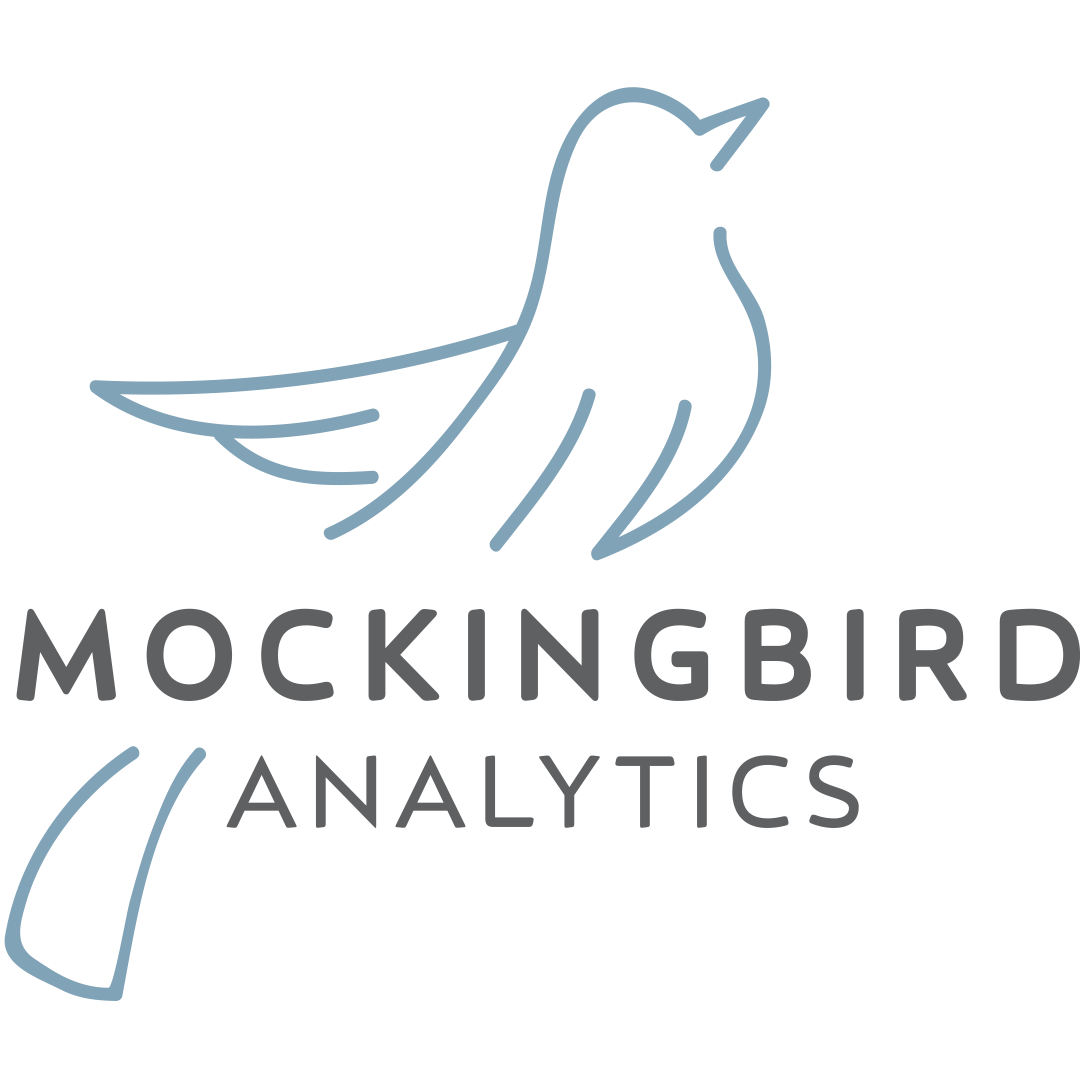Is Your Organization Ready to Take the Database Plunge?
Is Your Organization Ready to Take the Database Plunge?
Your organization may be small in size, but it is mighty in terms of what you do and is growing. Which means that systems and processes must grow and change with it, including how the organization may (or may not) currently be collecting and managing data. Some organizations at this stage might rely solely on paper forms/files to maintain their records. Others might be utilizing basic data collection tools such as Excel Spreadsheets or Google Docs. Eventually, however, most organizations will hit the point where those tools are no longer sufficient to meet both internal and external data and reporting needs. So when is it the right time to take the leap into purchasing and implementing a data management system?
The first thing an organization needs to consider is WHY do we need a dedicated data management system? And some of the key points to review towards answering that question include:
1. How many clients are being served on an annual basis? Is the number projected to grow and possibly outpace the current capacity for tracking information for these clients?
2. How efficient is the current data tracking system for data entry as well as data usage?
3. Can current data be easily reported on for both internal and external purposes?
4. Are there data gaps (where key information is not currently being captured) particularly for internal management and/or external funding reporting requirements?
5. Is the current data being utilized to drive evaluation and improvement at the staff, program, and/or organization level?
If the answers to these questions lean toward the negative, then your organization is in a good position to consider a transition to a more robust data management system.
The next thing to review is, HOW to implement a dedicated data management system? In order to answer that question, an organization will need the following practical supports are in place for ensuring the successful launch of a new database.
1. Buy In: This is an absolute requirement from ALL levels of your organization’s staff, management, and board of directors. Without a solid commitment to learning and growing, it won’t matter what kind of fancy software or equipment you buy, because your organization won’t get the best results without dedicated people utilizing it.
2. Technical: That said, your organization will still need to ensure it has the right technical infrastructure in place to successfully house and run a new database. Since many database options are now cloud-based, it is essential that each user has a computer that meets the technical requirements to run the software. Equally as important is that each user has access to fast, reliable Internet service.
3. Administration: Finally, your organization must be able to cover the administrative requirements of a new database.
a. First and foremost, there’s the budget. What is your organization able and willing to pay for the software; any computer/server and/or Internet upgrades; and the manpower to manage it all?
b. Furthermore, whether these duties get added to the role of someone already working for the organization; or a new in-house position is created; or the organization decides to bring on an outside consultant – it is of the utmost importance to ensure that there is someone dedicated to providing at least 50% of their time towards the start-up and ongoing management of your organization’s brand new database. A technically and analytically savvy database administrator will be responsible for everything from customizing the database to best suit the organization’s needs to creating custom reports, managing user accounts, and troubleshooting technical issues.
If your organization is committed to providing the supports listed above then you are ready to move on to the next step – picking the database system that is right for your organization’s needs. Over the coming months, Mockingbird Analytics will provide in-depth reviews of several database options that are available for small to mid-sized organizations so stay tuned.
In the meantime, please contact us for more information or to schedule a complementary 30-minute remote consultation. We are here to help!
